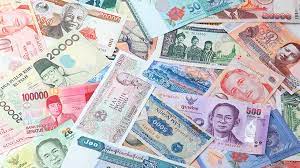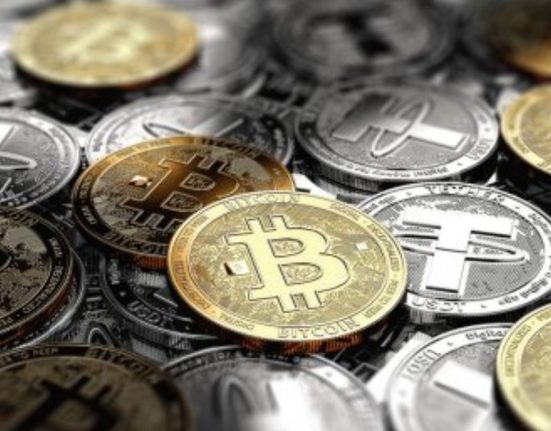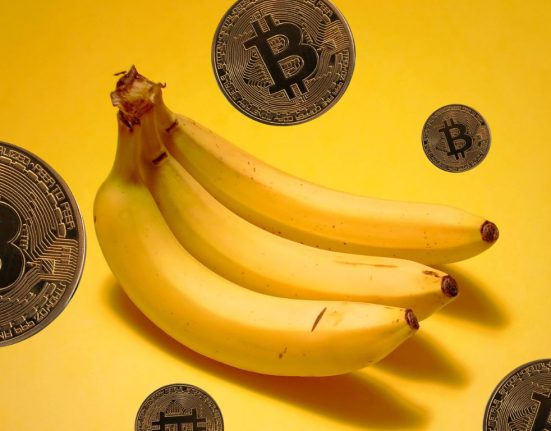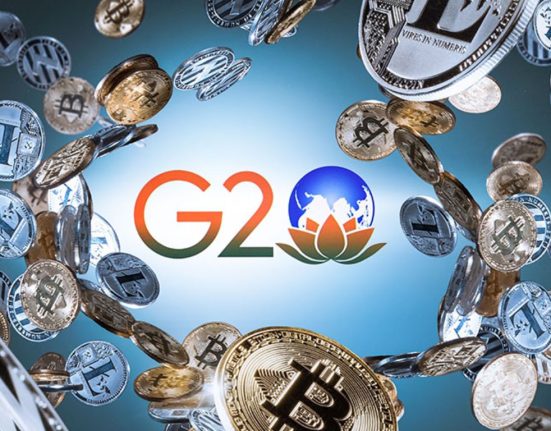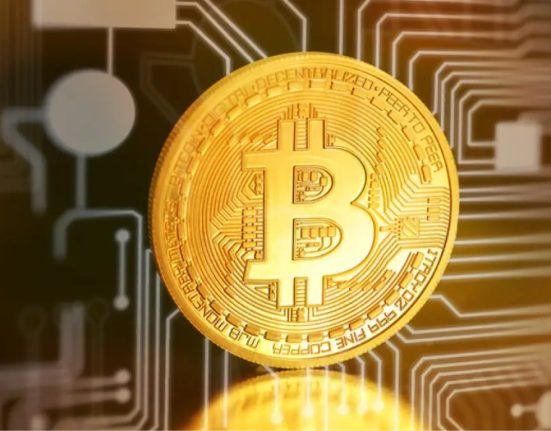Russia’s announcement of plans to conduct trade with 10 Southeast Asian nations using national currencies signifies a significant step in the global trend of de-dollarization. Russian Foreign Minister Sergey Lavrov, in an interview with Indonesian national newspaper Kompas, emphasized the country’s aim to reduce reliance on the U.S. dollar and explore alternative cooperation formats. The Association of Southeast Asian Nations (ASEAN) member states, including Brunei, Cambodia, Indonesia, Laos, Malaysia, Myanmar, Philippines, Singapore, Thailand, and Vietnam, are part of this initiative.
Lavrov dismissed the notion of a “new cold war” and instead highlighted Russia’s commitment to establishing a multipolar world order. He criticized the West, led by the United States, for hindering and attempting to reverse this process. Lavrov asserted that their focus remains on maintaining hegemony and carrying out neo-colonial agendas, rather than promoting global security and mutual development.
The foreign minister emphasized that Western egocentrism, which disregards the interests of Global South and East countries, has prompted the exploration of alternative cooperation formats. He pointed out that various nations, including Russia, are actively reducing their dependence on the U.S. dollar and transitioning to the use of alternative payment and calculation systems through national currencies. Lavrov noted the increasing effectiveness of interstate associations that exclude Western countries, citing examples such as the BRICS (Brazil, Russia, India, China, South Africa) and the Shanghai Cooperation Organization (SCO).
Lavrov underscored Russia’s constructive cooperation in the United Nations and other multilateral platforms, addressing urgent international issues. He highlighted the close partnership between Russia and Indonesia, as the latter assumes the chairmanship of ASEAN this year. Lavrov expressed his plans to attend an upcoming ASEAN ministerial-level meeting in Jakarta, stressing Russia’s special attention to developing a strategic partnership with the association, built on a history of relationships spanning over three decades.
The Russian official revealed that Russia intends to reinforce the existing architecture surrounding ASEAN, aiming to promote stability and cooperation within the Asia-Pacific region. As part of these efforts, consultations on the use of national currencies in mutual settlements will be initiated to address the practical cooperation interests between Russia and ASEAN countries, including Indonesia.
The 10 ASEAN member states have already taken steps to de-dollarize their economies. In May, they agreed to encourage the use of local currencies for economic and financial transactions within the ASEAN bloc. Indonesia’s central bank governor has previously stated that the country is following the de-dollarization lead of the BRICS nations to shift away from the U.S. dollar. Recently, Indonesia introduced a new national payment system to further its de-dollarization efforts and safeguard against potential geopolitical consequences.
The exploration of national currency usage in trade with Southeast Asian nations by Russia underscores the growing desire among countries to reduce dependence on the U.S. dollar and promote alternative cooperation formats. These efforts aim to protect assets, foster stability, and reshape the global financial landscape.
De-dollarization has gained momentum as countries seek to safeguard their economies and assets against the potential risks associated with the dominance of the U.S. dollar. The use of national currencies in trade and settlement offers several benefits, including reducing exposure to currency fluctuations, avoiding transaction costs associated with currency conversions, and increasing economic sovereignty.
The move towards de-dollarization has broader implications for the global financial system. As more countries explore alternatives to the U.S. dollar, the balance of power in international trade and finance could shift, potentially leading to a more multipolar and diversified system. This trend reflects a desire for greater autonomy and resilience in the face of geopolitical uncertainties and economic risks.
However, it is important to note that de-dollarization is a complex process that requires coordination and cooperation among countries. Challenges may arise in areas such as infrastructure development, liquidity management, and the establishment of trust and confidence in national currencies. Additionally, the impact of de-dollarization on the stability and functioning of global financial markets needs to be carefully monitored and managed.
The exploration of national currency usage in trade between Russia and Southeast Asian nations is a significant development in the ongoing trend of de-dollarization. As countries seek to reduce reliance on the U.S. dollar and promote alternative cooperation formats, the global financial landscape is likely to undergo further transformations. The extent and implications of these changes will depend on the actions of individual countries and their ability to foster meaningful partnerships and collaborations.
